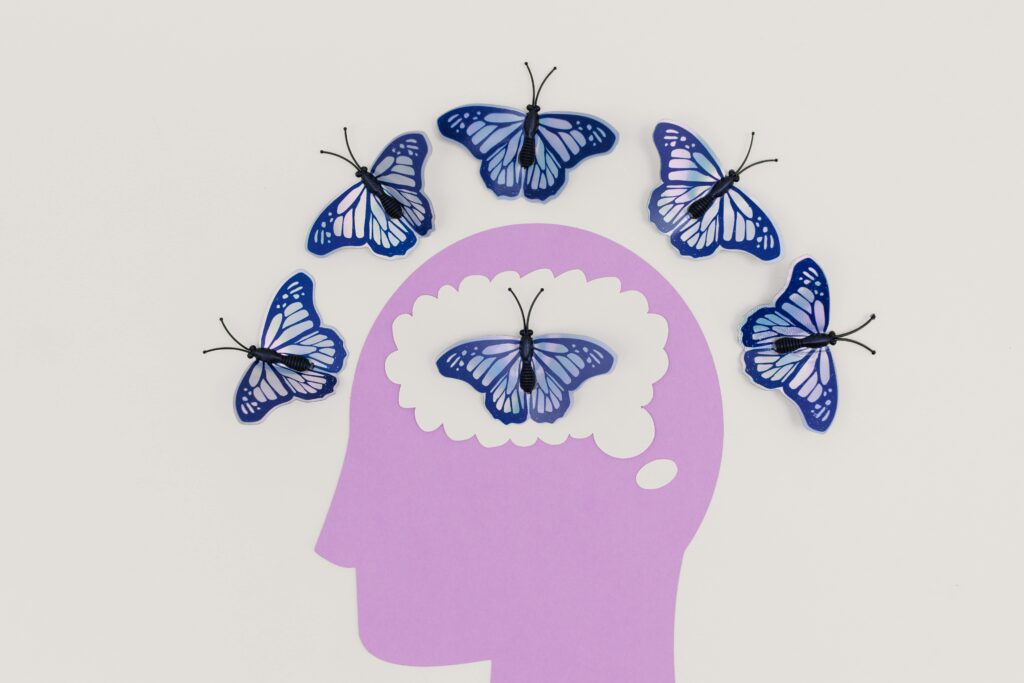The Unseen Struggles of Trigeminal Neuralgia

In just about a week, I’ll be undergoing MVD (Microvascular Decompression surgery) aka brain surgery for trigeminal neuralgia. The odds of a successful recovery are moderate, but for a chance at relief, I’m willing to take the risk.
People sometimes call trigeminal neuralgia the ‘suicide disease’ because the pain it brings can be unbearable and relentless.It’s an excruciating, electric-shock-like pain that can flare up from the smallest triggers—talking, chewing, even a gentle breeze. MVD surgery is one of the few viable options, and while it’s invasive, it offers a potential path to relief. I’ve reached a point where the possibility of a life without this pain is worth facing the risks.
Living with trigeminal neuralgia has been life-altering. Living with chronic pain has changed the way I interact with people, restricted my ability to enjoy everyday activities, and often left me feeling isolated and misunderstood. It has affected not only my physical health but also challenged my mental resilience, forcing me to balance managing symptoms with striving to live a ‘normal’ life each day.
The Anxiety of Doing Brain Surgery
A few weeks ago, the idea of brain surgery was overwhelming. The thought of someone operating directly on my brain brought on a flood of anxiety and doubt. But over time, I managed to find a sense of peace. Thanks in part to the reassurance I received from my doctor’s office that everything would be okay. Now that the surgery is only a week away, though, the nerves are creeping back in. Even Kyle, who usually handles anxiety in his own way, is feeling it too. Knowing he’s worried has added another layer to what I’m feeling. I tend to mentally shut down when anxiety rises, pushing my worries to the back of my mind. I think that’s why I felt so calm before—I almost forgot the surgery was happening.
Recently, I realized that my retail therapy was a way of coping. I started shopping for Christmas and bought clothes I hadn’t treated myself to in years, all under the guise of preparing for the holidays. Losing some weight along the way felt good, too. But deep down, I know these things have just been ways to cover up my anxiety.
The truth is, I’m scared. There are so many “what-ifs” that linger in my mind:
- What if the pain gets worse after surgery?
- What if something goes wrong during surgery?
- What if I lose my hearing or experience lasting numbness?
If any of these things happen, will I regret my decision? Right now, it feels like a risk worth taking, but I wonder how I’ll feel if things don’t go as planned. And if this doesn’t work, does that mean I’m destined to live with this pain indefinitely?
Finding Hope and Healing Beyond Pain
Deciding to go through with this surgery wasn’t an easy choice. There were countless nights where I lay awake, weighing the risks and asking myself if this chance at pain relief was truly worth facing the potential complications. Yet every day that I live with this pain reminds me why I made this decision. I know there’s a chance for relief—a chance to reclaim parts of my life that this condition has stolen.
If this surgery works, I have so many little things I want to get back to. I dream of laughing without fearing a trigger, spending active, carefree time with family and friends. The idea of a future free from pain is something I cling to—it keeps me moving forward, even when fear starts to take hold.
I realize there are still so many unknowns, and accepting that has been its own journey. But I’m learning it’s okay to feel hopeful, scared, and doubtful all at once. This surgery is a leap into the unknown, and I’m trying to approach it with as much courage as I can. For now, I’m holding on to the belief that whatever comes, I’ll find a way through, and maybe, just maybe, I’ll find the relief I’ve been searching for.
Overcoming the illusion of a distorted reality